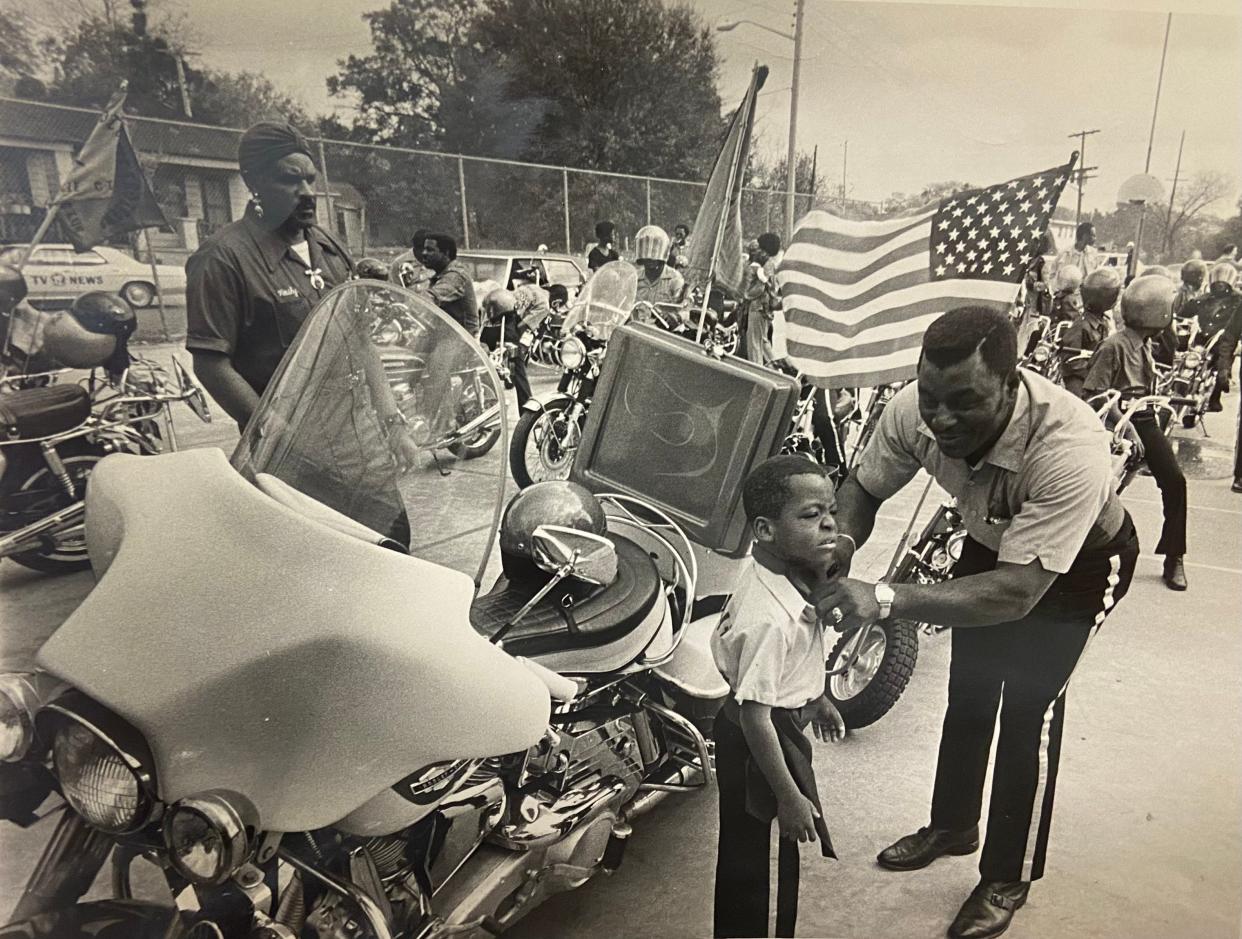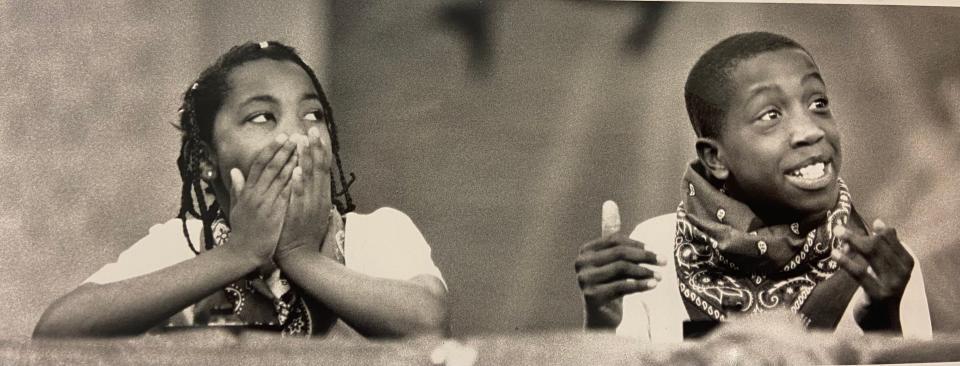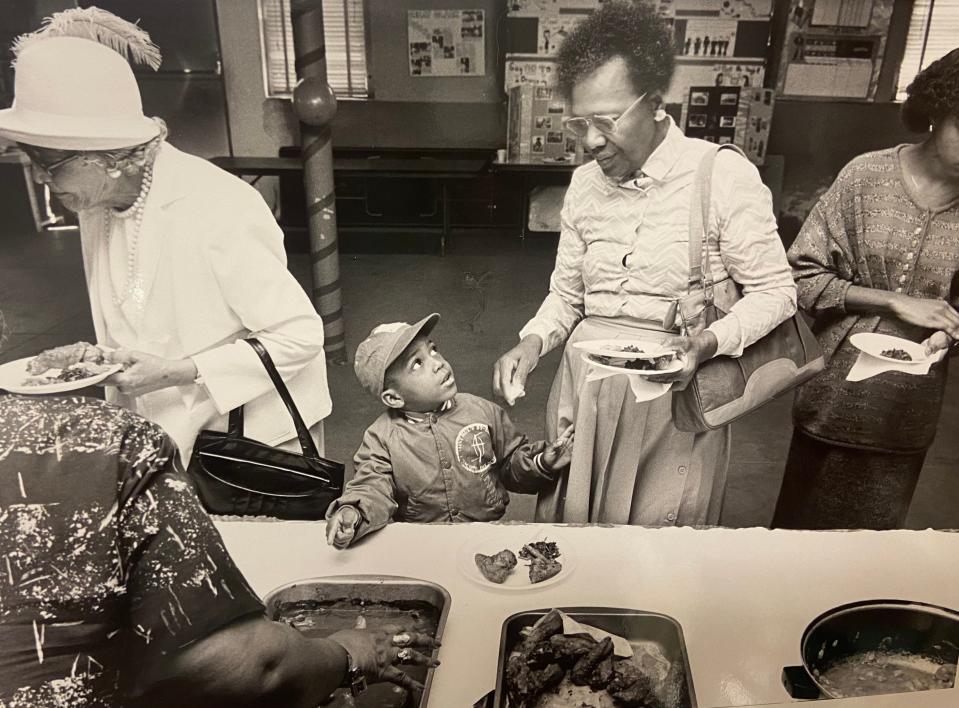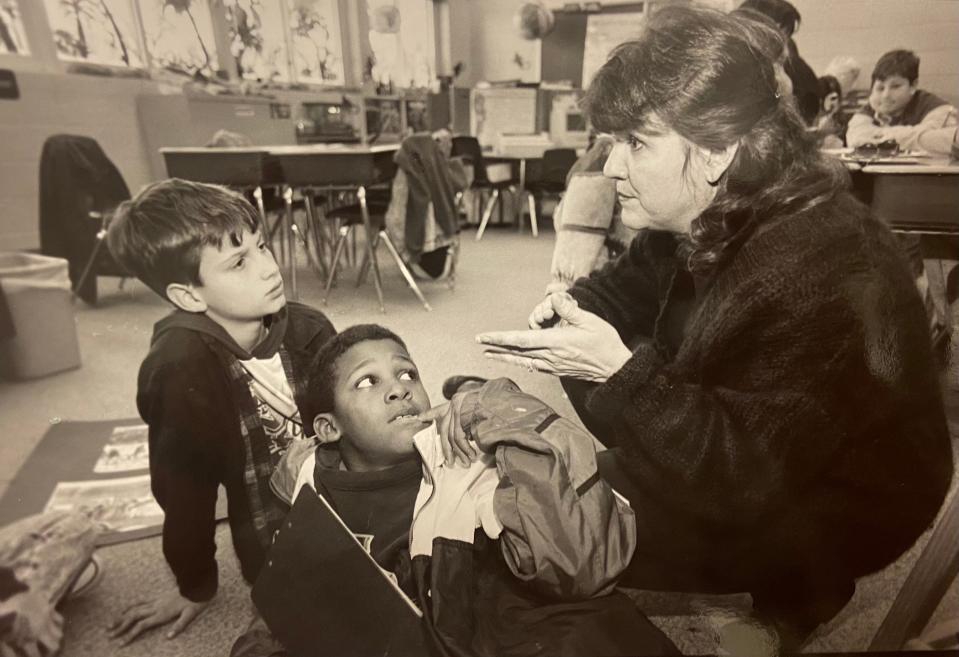How did Black history designations go over in Jacksonville decades ago?

In 1976, President Gerald Ford declared February to be Black History Month, as every president since him has done. A half-century before that, the Association for the Study of Negro Life and History had declared the second week in February to be Negro History Week. That annual event grew, leading to celebrations and increased knowledge of the contributions of Black Americans.
The movement spread to many schools, including eventually those in Duval County. It wasn't without dispute though.
Education has long been a source of controversy, then and now. As Times-Union columnist Mark Woods observed recently: "In Florida, education has become the political battleground, from kindergarten to college. And the news comes so fast and furious that it’s hard to keep up and piece it all together."
In 2023: A breakdown of what was removed or changed in the AP African American Studies framework
Vintage Times-Union: Martin Luther King Jr.'s stop in St. Augustine hastened passage of Civil Rights Act of 1964

Consider 1973 when, as a Times-Union story noted, the Duval County School Board took up a policy that would "eliminate the observance of Black History Week" each February. In its place would go a "multi-ethnic studies" program.
"The proposed policy states that the curriculum here must reflect the history, culture and contributions of the ethnic and racial groups which make up society," Margo Pope's story said. "In addition, the proposal mandates all classroom materials should present contributions of all people in an objective and balanced manner."
100 things to do in February: Monster Jam, auto show, big concerts, Black History Month and more

The board went on to approve that policy, which led to a protest the next February in which about 120 students walked out of Sandalwood Junior-Senior High. The story said several teachers tried to explain to the protesters the workings of the multi-ethnic program, but it did not note what their reaction was.
In 1991 a Times-Union story by Julia Howard told how a county desegregation plan, approved the previous year after negotiations with the NAACP, "required the school system teach students more about Blacks and other non-European influences." As part of that, every eighth-grade teacher got a set of a book on African American history that spanned 400 years.
Vintage TU: Pioneering Black pilot Bessie Coleman falls to her death over Jacksonville in 1926

Ben Fleming, a Ribault High teacher, told the paper that the new effort "gives more insight into the accomplishments of Blacks than was included in their regular textbooks."
In 2021: 'We're not done': How students forced Duval Schools to amplify Black History Month

Andrea Harris, a duPont Junior High student, confirmed that, saying it made her proud of African American heritage and made her eager to learn more about influential people and events. Previously, she said, her studies on Black history had taught her little about anyone but Martin Luther King Jr.
"King was good, but he wasn't the only Black civil rights leader you had," she said.
This article originally appeared on Florida Times-Union: A look at Black history designations in Jacksonville's past
